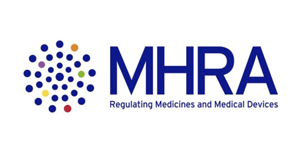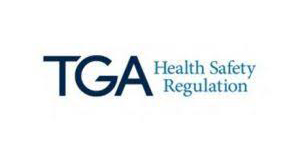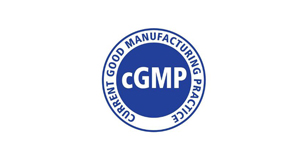-
-
W-199-E, MIDC Khairne, Thane Belapur Road, Navi Mumbai – 400705. India.
Industries
Ultrapure Water System & Hygiene Process Piping
Ultrapure Water (UPW) is a critical utility in electronics and semiconductor manufacturing. Unlike conventional purified water, UPW undergoes multi-stage purification to remove ionic, organic, particulate, and microbial contaminants down to ppt/ppb levels.
The performance of microprocessors, memory chips, and flat-panel displays depends directly on water quality used in wafer cleaning and precision process applications.
Importance of UPW in Electronics
Wafer Cleaning
Semiconductor wafers undergo hundreds of cleaning cycles. Even trace sodium, silica, or organics can cause corrosion, leakage currents, or device failure.
Particle Control
Sub-micron particles can lead to short circuits and defects. UPW ensures near-zero particle contamination.
Corrosion Prevention
UPW minimizes risks from oxygen, CO₂, and ions that accelerate corrosion in ultra-fine circuit lines.
Yield Enhancement
– Every improvement in rinse water purity translates to higher yields, reliability, and reduced rejections.
Water Quality Requirements
|
Parameter |
Standard Value (Electronics Grade) |
|
TOC |
< 1 ppb |
|
Silica |
< 0.5 ppb |
|
Bacteria |
< 1 CFU/100 mL |
|
Particles |
< 1 particle/mL ≥ 0.05 µm |
These are the most stringent water specs in any industry - making UPW the purest water produced at industrial scale.
UPW Production Process
The UPW production line integrates physical, chemical, and biological treatment methods:
- 1. Pre-treatment – Multimedia filtration, activated carbon, softening, dechlorination.
- 2. Primary Purification – Reverse Osmosis (RO), Ultrafiltration (UF), and Degassing units.
- 3. Polishing Stage – Continuous Electrodeionization (CEDI), Ion Exchange, UV oxidation (TOC removal), sub-micron filtration.
- 4. Distribution Loop – Stainless steel or PFA hygienic piping with continuous recirculation to maintain integrity.
Challenges in Maintaining UPW
- Microbial growth in recirculation loops.
- Material compatibility – piping/storage must not leach ions.
- Continuous monitoring – resistivity, TOC, silica, and particles.
- Energy & Cost – UPW plants are capital intensive and demand skilled operation.
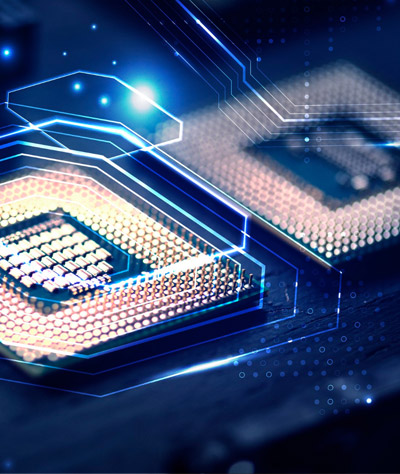
Case Study
Challenge:
A semiconductor wafer fab required higher purity in rinse cycles to meet <5 nm node technology.
Solution:
Installed a closed-loop ultrapure water system with enhanced UV and particle filtration.
Result
Improved wafer yield by 35%, reduced downtime, and minimized defect density.
Conclusion
Ultrapure Water is the lifeline of the electronics industry, ensuring defect-free wafers and reliable devices. As the sector moves toward <5 nm nodes, UPW requirements will only grow stricter. Future systems will leverage AI-driven monitoring, advanced membranes, and sustainable energy use to support the next generation of electronics manufacturing.
Compliance
Customers in 25+ countries that are highly pleased and have a significant amount of trust.
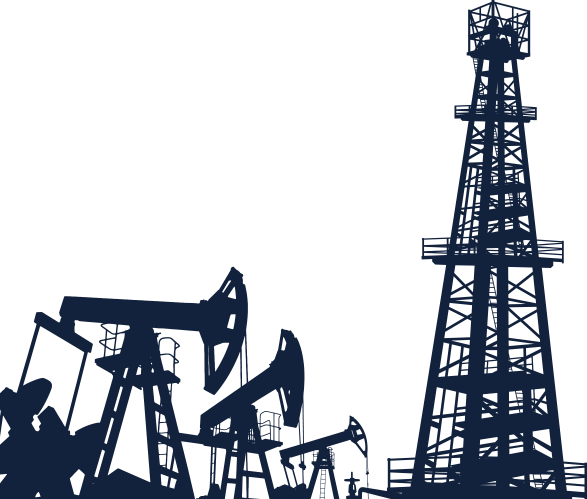
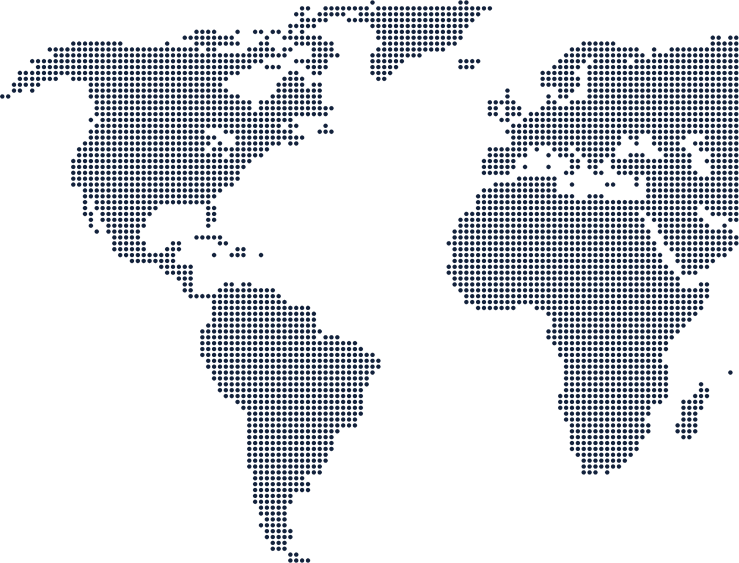
Let’s Build Your Industry Advantage
From pilot plants to full-scale manufacturing, Nilsan Nishotech delivers solutions that align with your industry’s toughest demands.


